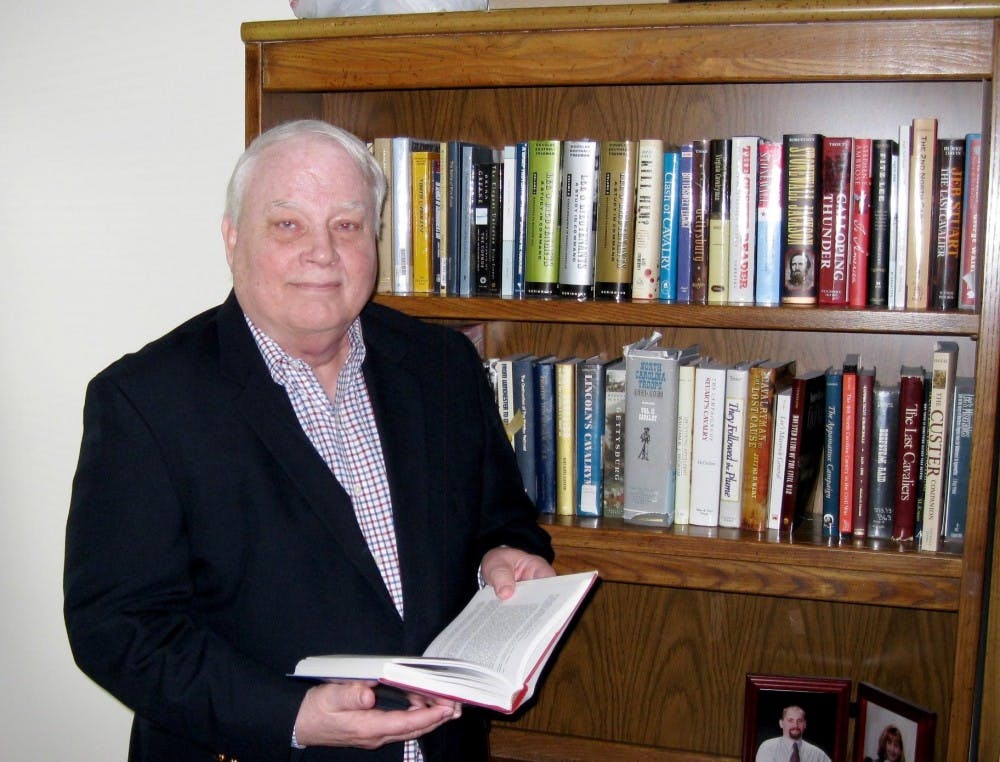"Fighting for General Lee," a nonfiction book released in February 2016, details the life of Rufus Barringer, a UNC-Chapel Hill alumnus and Confederate general during the Civil War. Last week, it was awarded the North Carolina Society of Historians’ 2016 Historical Book Award.
Staff writer Andrea Gonzales spoke with the author, Butch Barringer, about his work studying General Barringer, Civil War history and what he has planned next.
The Daily Tar Heel: You used to be a mechanical engineer for NASA? That’s impressive in its own right — I’m curious how you transitioned into writing about Civil War history from there.
Butch Barringer: Well, even when I was working at NASA Langley I was interested in history and Civil War history. So I had been studying General Barringer for some time, collecting information on him all along, so it was kind of a part-time thing until I retired.
DTH: And then once you retired, you decided to write a book about General Barringer?
BB: Yeah. Yeah, actually, I had started it before I retired, and had an earlier version that I eventually took another look at, made a lot of changes and just kept working on it for several years.
DTH: That’s amazing! I guess you were related to General Barringer, but how did you decide or find out about and then decide to start studying him?
BB: Well, I kept running up against him when I was doing some pedagogical research on my families — my great grandfather was named Rufus Barringer and may have been named after the general, in fact. So I kept running up against information on the general, so I started collecting it. Then, I met the general’s grandson, who lived in Rocky Mount, and we took some tours together and just kept working on it.
DTH: How long ago did you start doing research on him?



